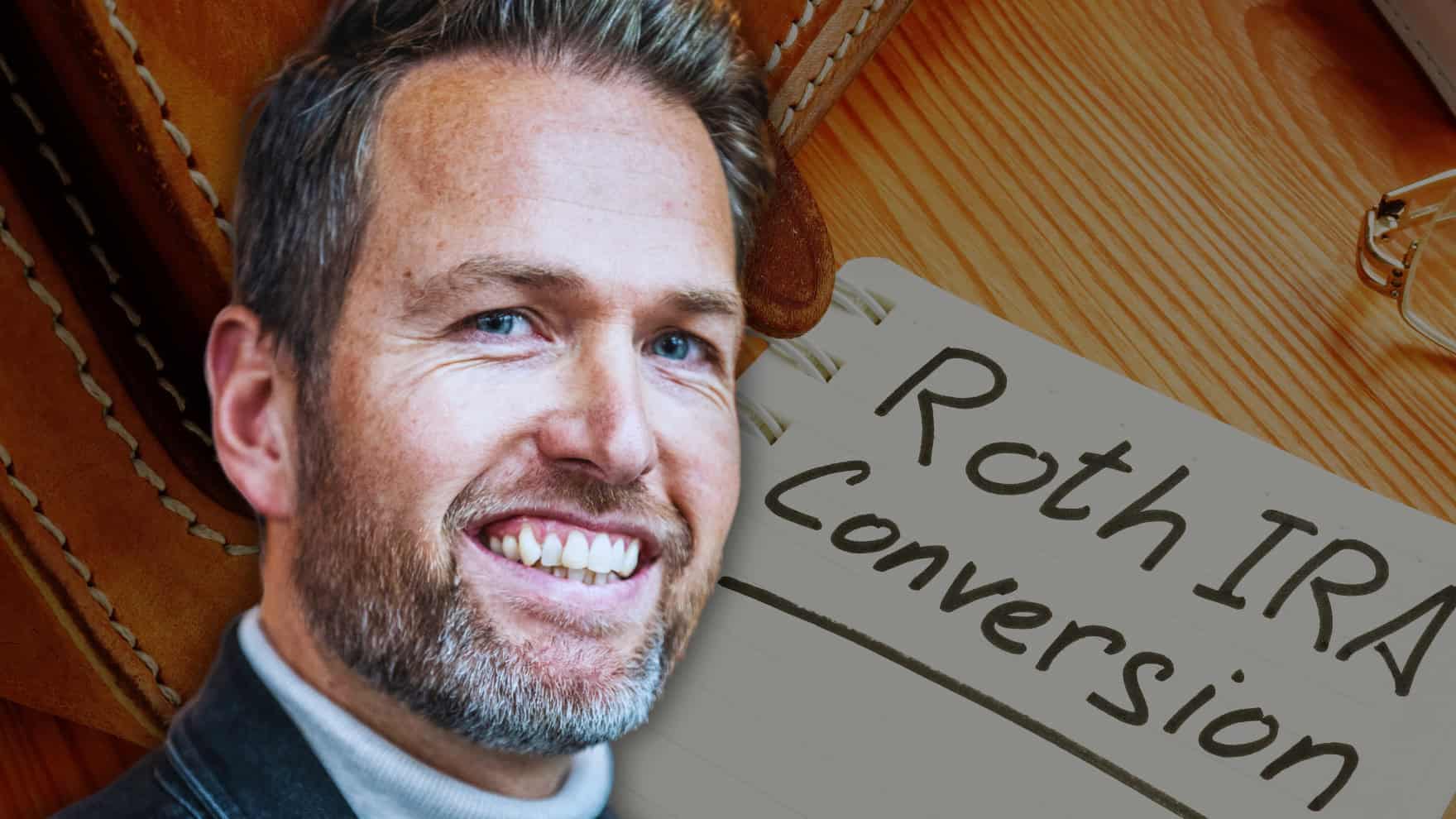Personal Finance
I make $450k in annual income and am trying to decide if I should do mega backdoor Roth conversions

Published:

Many high-income earners find themselves at a crossroads when it comes to optimizing their financial strategies for the future. The complexities of tax laws, retirement accounts, and investment options can make even the most financially savvy individuals pause. A recent Reddit post highlights this dilemma, with a couple grappling with whether to utilize the Mega Backdoor Roth IRA option offered by an employer.
Let’s dive into what to make about this particular post, and what high-income individuals may want to think about when looking at mega backdoor Roth conversions.

Every individual investor’s situation is different. Of course, a very small select group of the population will ever make close to $450,000 per year. Perhaps fewer will be able to effectively utilize a mega backdoor Roth conversion to improve their current standing. Let’s take a look at the financial landscape for this particular couple first before diving into the backdoor conversion discussion.
By all accounts, the couple in question is earning much more than the average American couple, with an annual income of roughly $450,000. This income would certainly put them within the top 5% of all income earners in the country, and allow them to accumulate significant wealth over time.
Thus far, the couple notes that they have amassed more than $900,000 in savings across their various retirement and health savings accounts, with an additional $615,000 invested in the stock market and other restricted stock units. Given their ages (30 and 35), this is a dream scenario for most.
With a goal of achieving “ChubbyFIRE,” or being able to be comfortable and financially independent (which retiring early), the couple hopes to achieve early retirement status by the time they’re roughly 50 years old. In doing so, their question around the potential for a mega backdoor Roth conversion is an interesting one to dive into.
The wife’s employer offers the option of a mega backdoor Roth IRA conversion, which is what makes this particular case study interesting. That’s because such an option opens up the possibility of individuals to contribute significantly more to their Roth IRAs than what the standard limits typically allow for.
Of course, putting more cash to work in retirement accounts such as Roth accounts (which are funded with after-tax dollars, but which provide tax-free proceeds in retirement) is a good thing. Most investors generally should consider Roth IRAs as the primary savings vehicle for retirement, due to the tax-free nature of gains over the long-term. And given their relatively young state, one could argue that the funds they’re able to invest in such an account may benefit more from time, something many investors nearing retirement are short on.
However, utilizing this option would significantly hamper their household net savings after expenses and contributions, and potentially leave the couple with less of a liquid asset cushion than they’d be comfortable with. So, it really comes down to how much “dry powder” or cash one feels the need to keep on the sidelines. But in this case, assuming their incomes are relatively steady, this is a couple that does appear to be prime candidates for such a conversion at this stage in their lives.
For high-income earners like this couple, the Mega Backdoor Roth IRA presents several compelling advantages that can significantly enhance their financial strategy. One of the primary benefits is the ability to substantially increase contribution limits to tax-advantaged retirement accounts. By making after-tax contributions to a 401(k) plan and then converting those funds to a Roth IRA, they can potentially add over $40,000 annually to their retirement savings beyond the standard limits. This means a larger portion of their income can be invested in accounts where it can grow without the burden of ongoing taxes.
Another significant advantage is the potential for tax-free growth and withdrawals. Investments within a Roth IRA grow tax-free, and qualified withdrawals in retirement are also tax-free. This feature offers a hedge against future tax rate increases, which is especially valuable for high earners who may face higher taxes due to changes in tax laws or increased income over time. By paying taxes on contributions now, they protect themselves from potentially higher taxes on withdrawals in the future.
Moreover, the Mega Backdoor Roth IRA offers unexpected flexibility with withdrawals. Unlike traditional retirement accounts, contributions (but not earnings) to a Roth IRA can be withdrawn at any time without penalties or taxes. This means the funds are not as inaccessible as some might think, providing greater liquidity and financial flexibility than initially perceived.
One of the couple’s primary hesitations was the fear of having too much wealth tied up in accounts that are inaccessible until retirement age. However, understanding the withdrawal rules of Roth IRAs can alleviate this concern. Since contributions can be accessed without penalties, they retain a level of financial flexibility for emergencies or unexpected opportunities.
Again, every individual’s situation is different, and utilizing such options are really only available to a small select population. However, for high income earners looking for a way to super charge their retirement goals, this is certainly an option that may be worth diving into with a tax professional and/or financial planner.
If you’re one of the over 4 Million Americans set to retire this year, you may want to pay attention.
Finding a financial advisor who puts your interest first can be the difference between a rich retirement and barely getting by, and today it’s easier than ever. SmartAsset’s free tool matches you with up to three fiduciary financial advisors that serve your area in minutes. Each advisor has been carefully vetted, and must act in your best interests. Start your search now.
Don’t waste another minute; get started right here and help your retirement dreams become a retirement reality.
Thank you for reading! Have some feedback for us?
Contact the 24/7 Wall St. editorial team.